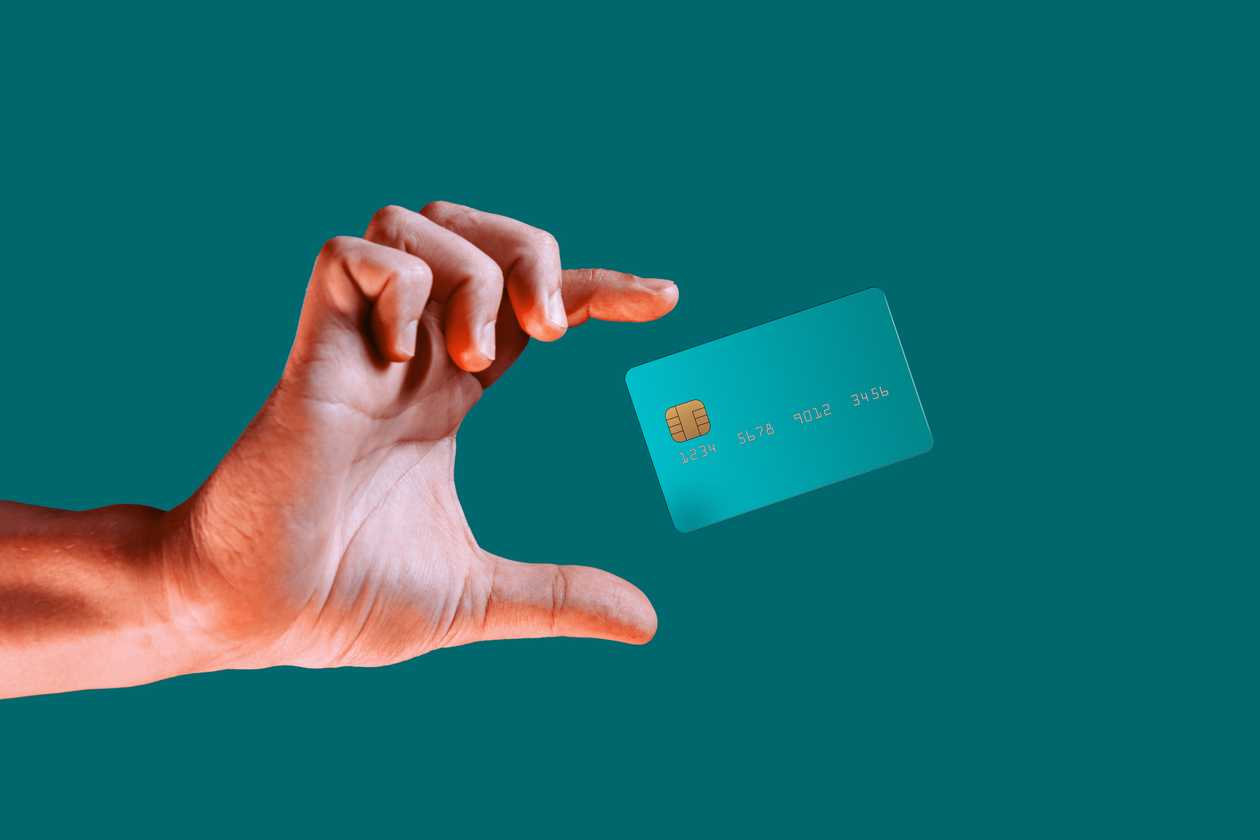The learning theory that our learning resource is primarily based on is cognitivism. Cognitivism involves learners using active recall, as well as analyzing and interpreting new information. It is a mental process that focuses on how information is stored, received, and applied (OpenLearn Create, 2020), and is commonly applicable to problem-solving and creative writing. Our learning resource encourages students to learn new information in each unit and apply that information in the form of interactive activities and personal blog posts. The interactive activities involve problem-solving, which requires a higher level of analysis, interpretation, relating to prior knowledge, and coming up with a solution. It is not always as simple as a stimulus and reward. It is also essential when writing blog posts to take the new information and what you already know and turn it into your own words to express your knowledge.
References
“Cognitivism.” OpenLearn Create, 16 Nov. 2020, www.open.edu/openlearncreate/mod/page/view.php?id=147079.
